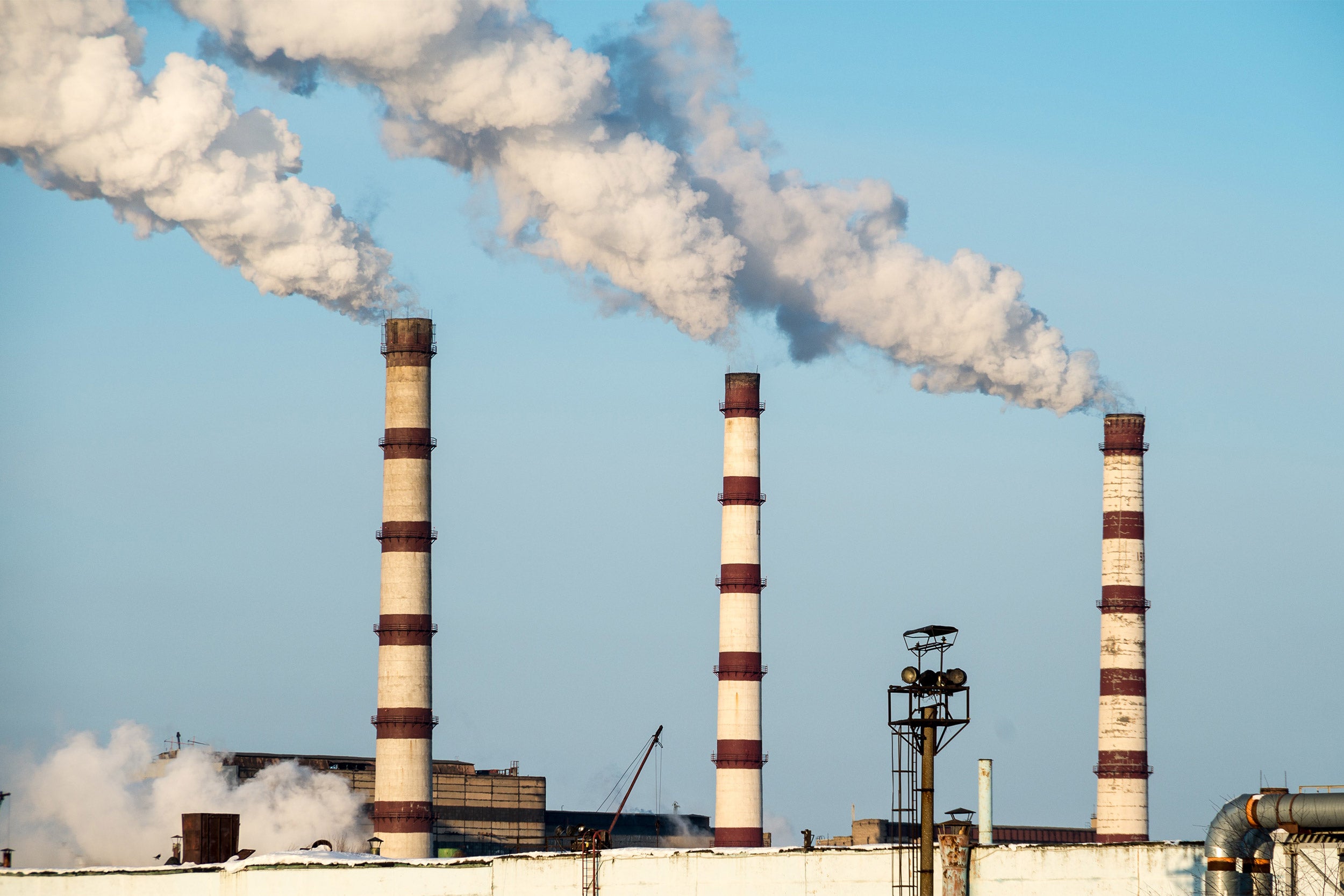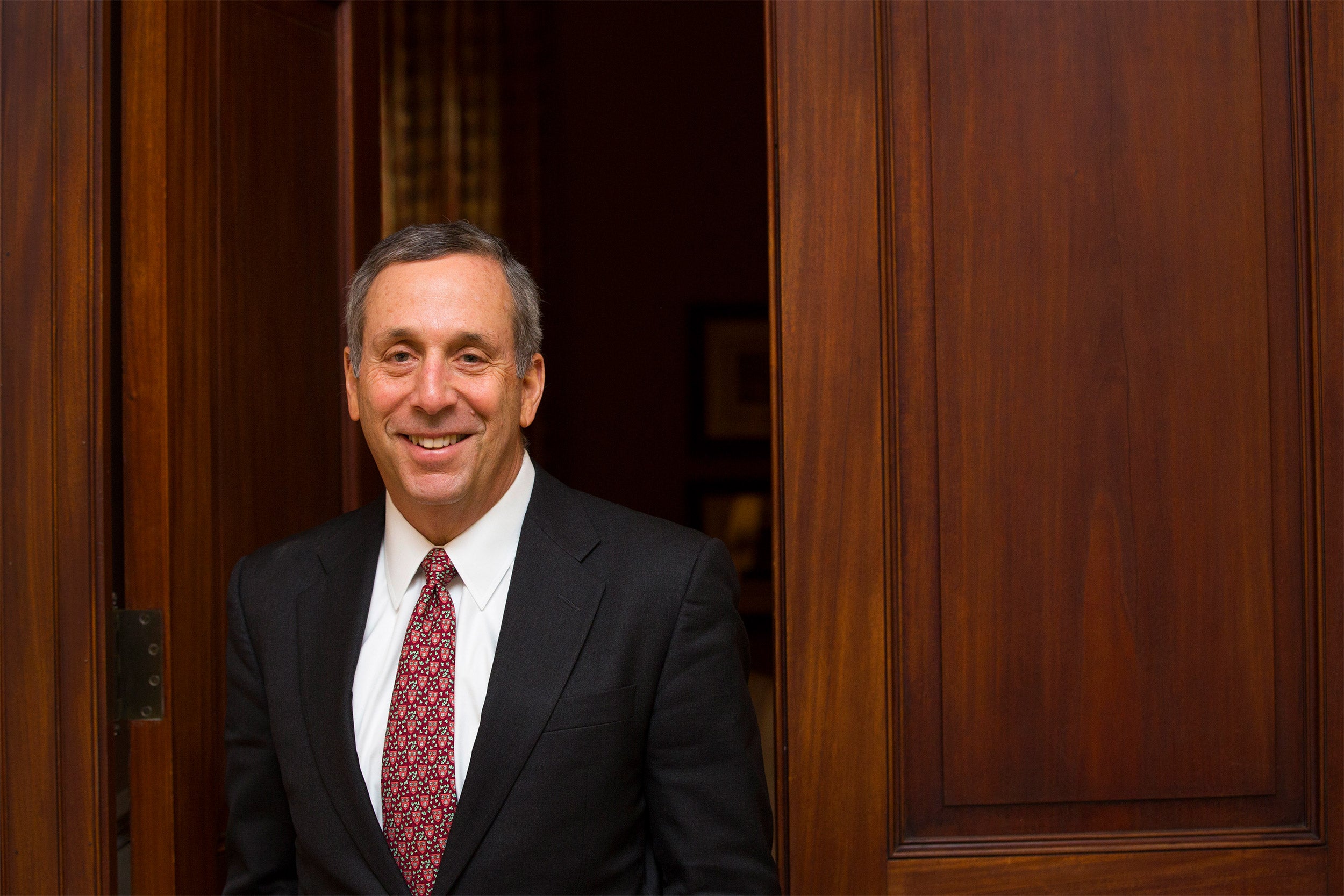
Valeriy Kryukov/Unsplash
Harvard joins Climate Action 100+
Management Company to engage directly with world’s top carbon emitters to address climate change
Harvard University announced today that its endowment has joined Climate Action 100+, an investor-led initiative to ensure that the world’s largest corporate greenhouse gas emitters take steps to address climate change.
As a member of this global network, representing more than $34 trillion in combined assets, Harvard Management Company (HMC) will join other investors in direct engagement with companies that include more than 100 “systemically important emitters,” accounting for two-thirds of annual global industrial emissions. HMC plans to engage with oil and gas companies, utilities, and others to meet the Climate Action 100+ goals of curbing carbon emissions, strengthening climate-related financial disclosures, and improving corporate governance and risk management.
“Harvard has a critical role in tackling climate change, starting with the far-reaching efforts of our faculty, students, and staff to understand the impacts of climate change and to devise technologies and strategies that can accelerate the transition to cleaner, greener energy,” said Harvard President Larry Bacow. “In joining Climate Action 100+, we create another significant channel for engaging with companies around the imperative to adopt sustainable practices and reduce greenhouse gas emissions.”
In 2014, HMC developed its Sustainable Investing Policy, which expanded on investment stewardship efforts to include measures for environmental, social, and governance (ESG) considerations in investment decisions, as well as collaborations with asset managers and companies. That same year, Harvard’s endowment became the first in U.S. higher education to sign on to the United Nations-supported Principles for Responsible Investment. Since then, HMC has worked to address corporate climate lobbying, methane emissions, and ESG integration in the private-fund industry, among other issues.
Since 1972, Harvard has used proxy voting on shareholder resolutions as one avenue to address social and environmental issues facing publicly traded companies.
“We must meet a perennial Harvard challenge: not just multiplying our distributed efforts but finding ways to connect and amplify them.”
Larry Bacow
“Climate Change 100+ provides an opportunity for HMC to engage the University’s practical and research-driven expertise regarding climate change with a network of like-minded investors,” said Bill Lee, senior fellow of the Harvard Corporation and chair of the Corporation Committee on Shareholder Responsibility. “We are hopeful that, together with our partners in this important initiative, we can help catalyze measures to reduce greenhouse gas emissions of companies across the globe.”
The investors that signed on to Climate Action 100+ are engaging companies that have significant opportunities to drive the clean-energy transition and help achieve the goals of the 2016 Paris Agreement on climate change. The initial 100 companies listed by Climate Action 100+ as systemically important emitters were identified using reported data and greenhouse gas emissions modeling from CDP (formerly known as the Carbon Disclosure Project). Climate Action 100+ released its initial list of 100 companies in 2017 and added 61 more to the list last year, with input from investor signatories.
“For the past five years, we’ve seen firsthand from our collaborations through the Principles for Responsible Investment — on issues such as climate change lobbying and methane gas emissions — that engaging directly with corporations can affect significant positive change in their operations,” said Kate Murtagh, managing director for sustainable investing at HMC. “My colleagues and I are excited to expand our efforts by joining this committed group of investors in Climate Action 100+.”
Earlier this month, Bacow wrote in Harvard Magazine about the University’s ongoing commitment to confronting climate change by continuing to drive advances in research, sustainability, and purposeful engagement with others.
“We must meet a perennial Harvard challenge: not just multiplying our distributed efforts but finding ways to connect and amplify them,” wrote Bacow. “We must be a willing partner and active convener in the search for solutions. The stakes are too high, and the need for cooperative effort too great, for us not to engage others in forging pathways forward.”







